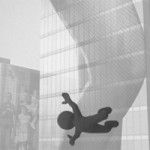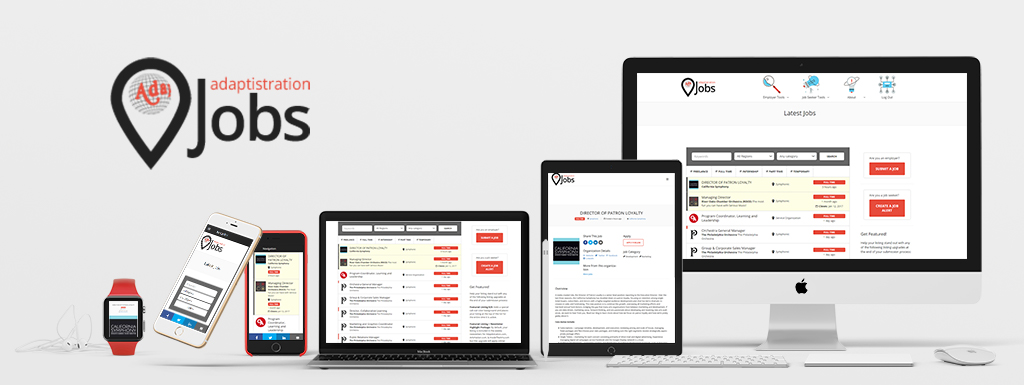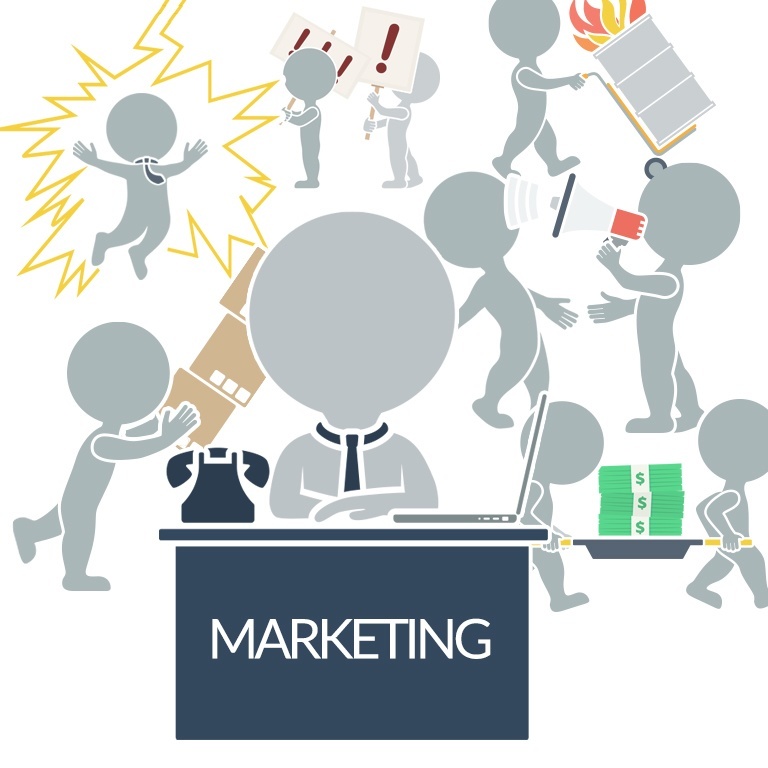Yesterday’s offering examined the value of forward thinking in crafting an operational vision and then using that to guide marketing and development efforts. At the same time, you simply can’t disconnect classical music from its past without expecting disastrous results. Consequently, we’re going to look at some of the challenges related to how tradition and nostalgia can join with forward thinking vision by way of one of the most popular Mad Men episodes; Season 1, Episode 13: The Carousel…
 One of the greatest challenges for any marketing professional in this business is how to effectively translate the wholly unique and subjective event that is the concert experience into written and spoken word capable of attracting ticket buyers. Conventional wisdom might dictate that it isn’t possible, but a longer examination reveals that success usually it comes down to helping potential ticket buyers and donors internalize the value of the organization’s experience in a way that is obtainable without also relying on the actual music as a sales tool.
One of the greatest challenges for any marketing professional in this business is how to effectively translate the wholly unique and subjective event that is the concert experience into written and spoken word capable of attracting ticket buyers. Conventional wisdom might dictate that it isn’t possible, but a longer examination reveals that success usually it comes down to helping potential ticket buyers and donors internalize the value of the organization’s experience in a way that is obtainable without also relying on the actual music as a sales tool.
The trick is to craft these efforts in a way that provides recognition without actually influencing their interpretation.
In The Carousel, the program’s lead character and head of the firm’s creative department, Donald Draper, encounters a similar problem while working on a fictional project to sell what would later be known as the very real Kodak Carousel projector. In this instance, Draper’s solution is to come up with a name and accompanying sales pitch that does exactly what we outlined above: using written/spoken word to describe an esoteric experience and create desire.
The Mad Men website provides the following synopsis of the process:
Back at Sterling Cooper, Don hosts a meeting with the Kodak clients. He turns on the projector and flips through slides of him with his newborn baby or the family on Christmas morning. “This is not a spaceship, it’s a time machine,” he says. “It goes backwards and forwards, and it takes us to a place where we ache to go again.”
“It’s not called ‘The Wheel,'” he continues. “It’s called ‘The Carousel.’ It lets us travel around and around and back home again.” He concludes with an image of him and [his wife] Betty kissing on New Year’s. Overwhelmed with emotion, Harry [a colleague] starts crying and leaves the room. The Kodak clients, equally impressed, cancel their meetings with other agencies.
The line about The Carousel as a time machine is particularly vivid. At its core, the notion of a time machine is a vehicle. It is whatever users want it to be and takes them wherever they want to go, not unlike a concert experience. Draper’s character is encouraging users to make whatever they will out of the product all while avoiding flowery language.
Draper’s actual dialog from the scene offers additional impact:
“Technology is a glittering lure but there’s a rare occasion where a public can be engaged beyond flash…This old pro, a copywriter, a Greek named Teddy, told me the most important thing in advertising is ‘new.’ It creates an itch. You simply put your product in there as a kind of calamine lotion. He also talked about a deeper bond with a product: nostalgia. It’s Delicate, but potent.”
Even better is a clip of the entire scene:
This succinct scene does a wonderful job at providing inspiration. It draws connections to tradition and technology without asking buyers to sacrifice either. As an aside, it is difficult not to notice that regardless how powerful Draper’s scene is in The Carousel; it wouldn’t have the same impact without the accompanying soundtrack.
Fellow Inside The Arts author, Holly Mulcahy, posted a Mad Men related piece using the same scene from this episode. She takes a different direction and equally interesting direction.
Where does your mind go with all of this?



Great post!
I found particularly interesting Draper’s presentation of nostalgia as “delicate”.
Thinking back to the most powerful performances I have experienced,in particular when another, “better”, time has been evoked, one constant for me was a sense of authenticity. Both the power and delicacy of nostalgia as an experience comes back to truth.
The modern symphony orchestra may be civilization’s most profound and invention for universal expression ever conceived. Yet sometimes a lot of effort seems to be expended in trying to dilute this experience by pallid imitations (or additions)of other experiences in desperate grasps for “popularity”.
Orchestral music since its beginning has always served a niche market. This does not make the “consumers” in that market any less important and than the audiences for hip-hop and rap. Just different.
Orchestras (including their Boards and marketing staff) that embrace what they are, try to be the best at what they do, and promote same with a minimum of flim-flam, are more likely to build a sustainable presence in their communities than organizations suffering an identity crisis.
I like your observation that most trouble seems to be centered around an identity crisis. Whether spurred by financial problems, a music director’s career aspirations, or some other short term issue, this seems to be having a very profound impact on orchestras.